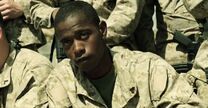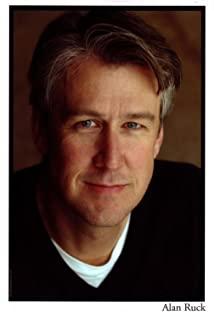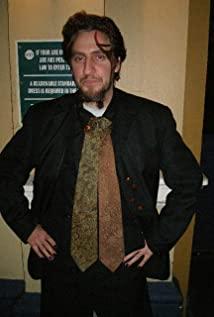The duty of a soldier is to fight, and his professional driving force is to win. Stanley McChrystal, the general prototype played by Pete, is well versed in counter-insurgency fighting, and his strategy has also achieved phased success in the Iraqi battlefield. Pete’s core idea is to let the US military put aside its guard and establish a relationship between the military and civilians with Afghan civilians; the premise of this idea is that the Afghan people desire American democracy and need the protection of the US military. Unfortunately, this is only wishful thinking of the Americans. American generals and politicians naively believe that democracy and freedom are a universal political system, but not all nations have the soil to develop this system, and Afghanistan is no exception. The people of Afghanistan need the necessities of life: security; they don’t need luxury: democracy. As for security, although the intervention of the US military has curbed Al Qaeda and the Taliban’s threat to the West to a certain extent, it has destroyed the original political ecology between the villages and tribes, leaving the people living under the intimidation of the Taliban.
In fact, Pete knew in his heart that counter-insurgency combat was a difficult battle to win. The key to victory lies in gaining popular support, and the foundation of popular support lies in the pursuit of democracy and security by the Afghan people. It is only through the communication between Pitt and the Afghan advisers and the people. The foundation of this assumption is not strong and uncommon in Afghanistan.
Faced with such a huge difficulty, Pete's arrogance overwhelmed rational thinking. He is a professional soldier, and his professional glory lies in winning. The need to implement combat thinking requires additional sources of troops, not only the US military, but also allies. But, for such unrealistic strategic goals, should rational allies bear the cost without return? Should all stakeholders pay for one's ambitions?
View more about War Machine reviews











